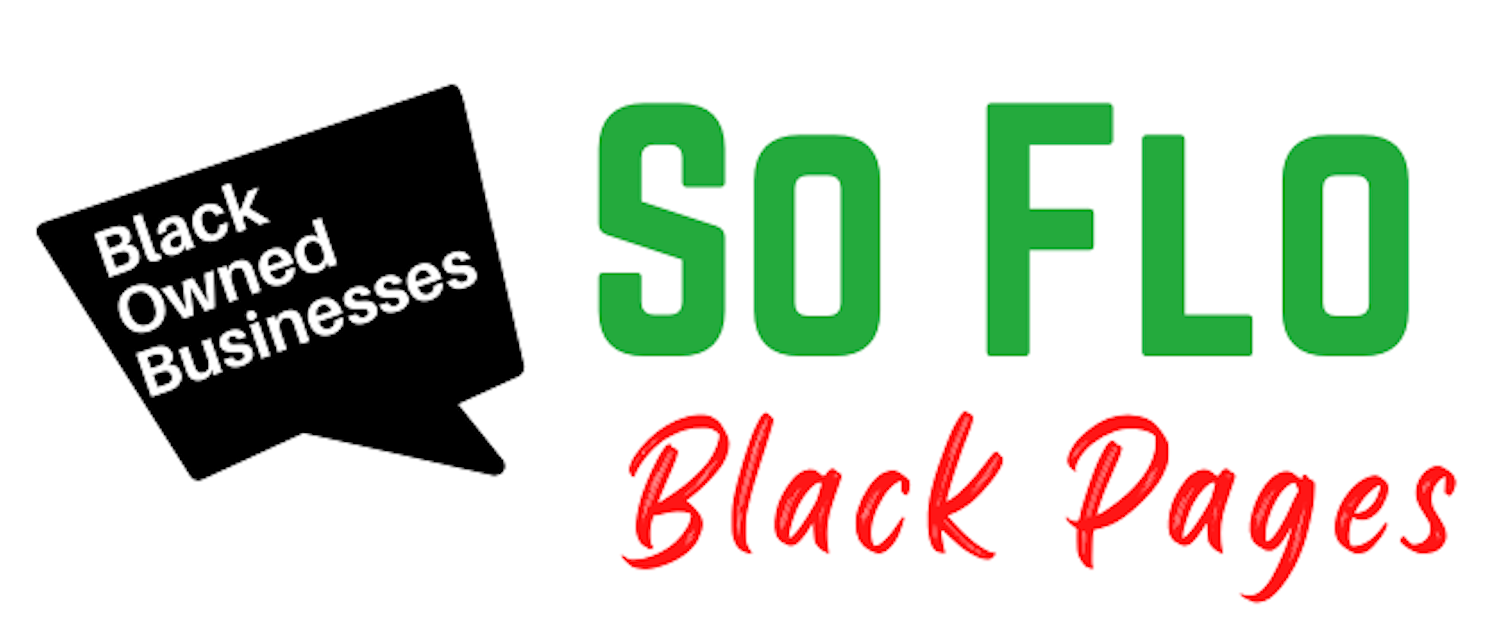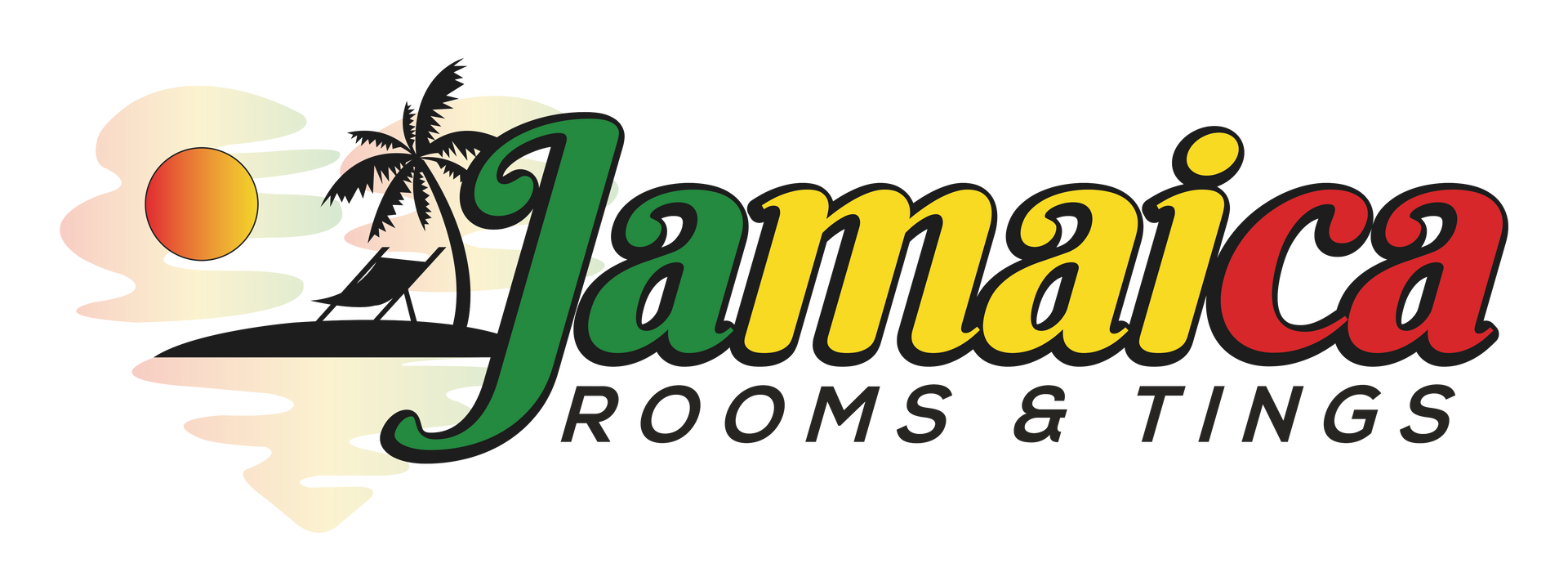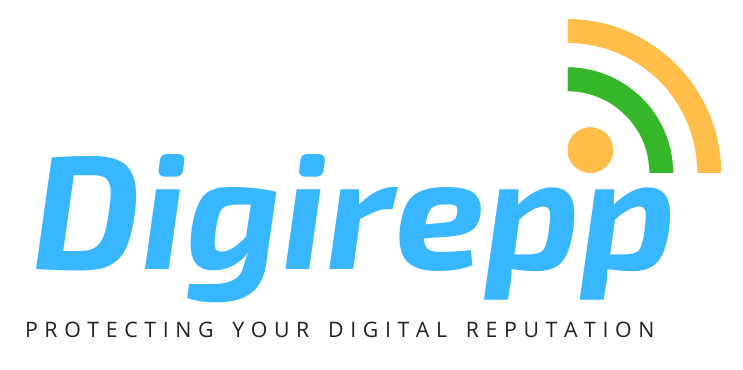
SEO - The Small Business Owner's Guide to Search Engine Optimization
Small Business Owner's Guide to Website SEO

SEO - The Small Business Owner's Guide to Website Optimization
Search engine optimization (SEO) is the art and science of adjusting a website to meet search engine criteria. This article for small business owners with little knowledge of optimization techniques. Advanced digital marketers and SEO professionals might find this article rudimentary. Then again, maybe you'll find some valuable SEO reminders within! So enjoy this piece and contact us with any questions.
SEO Basics: What are Meta Tags?
Meta tags are small portions of text and code that help search engines understand the web page's content.
● Currently, the most important meta tags are the title tag and the description tag.
● That can change though, SEO is an ever-evolving landscape.
● There is also a keyword tag. It's less critical than it once was for marketing on Google.
● But you never know when a search engine will change up its criteria.
● Keyword tags should never be left empty.
Pro Tip: Many small business owners discover it's easier to fill in the meta tags once the website is mostly built and staged on a server. Put another way, your meta tags need to describe the content on a page accurately, so sometimes it's best to start the content first. (We'll take a closer look at content for SEO in a moment.)
The most common mistake we see by amateur website designers is to leave title tags vague. Your prospective customers aren't searching for a "home page." Yet so many pages are titled "home." See what we mean? Use an accurate title tag and description tag on every page. Now, on to content.
Create Content That's Search-Engine-Friendly
To sort web pages, search engines scan the content and match it with meta tags. You no longer need to "stuff keywords" into a page. Google considers that a form of SPAM (unwanted information). Instead, your text should read naturally.
Headings are helpful too - both to your human readers and search engines. They help your users find the information they need quickly, and they allow SEOs to categorize your content.
What are Google Snippets?
You may have noticed that Google search results are evolving to highlight answers to queries with snippets of information. Therefore, great content should pose and answer questions. (Like we just did with this example.)
A Quick Introduction to Search Engines
It's no secret that Google dominates the world of search. But there are other search engines worth remembering: Microsoft's Bing, Yahoo! and AOL search still respond to millions of queries every day. And there are hundreds more SEs to consider. Again, Google is the gorilla in the market, but millions of queries aren't to be ignored. And that means Google Optimization Scores might not be as influential as you think.
What are Google Optimization Scores? Do I Need to Score 100 to Rank Well on Google?
Google provides a scoring system aimed at helping advertisers rank well in Google searches. You DO NOT NEED a score of 100 to rank well! Most small businesses who use a website to describe their services will struggle to achieve a score of 100. They're more valuable for major eCommerce websites like Amazon, Chewy.com, and eBay.
For instance, to earn a score of 100 with Google's optimization scoring, a website must offer a price extension: a graph that explores your price versus your competitors, or this product versus other brands. This helps shoppers at a site like Chewy.com, who can compare dog food ingredients and prices.
But for a service-based website — dentists, contractors, personal trainers, attorneys, and so on — it doesn't make sense. One cannot always put a price on a service without a thoughtful conversation with the customer!
Ultimately, great SEO is all about helping your customer find the answers they need. And that's where the team at Digiedg excels! If you're a small business owner looking for more targeted website traffic and better rankings in search engines via SEO — let's talk.








